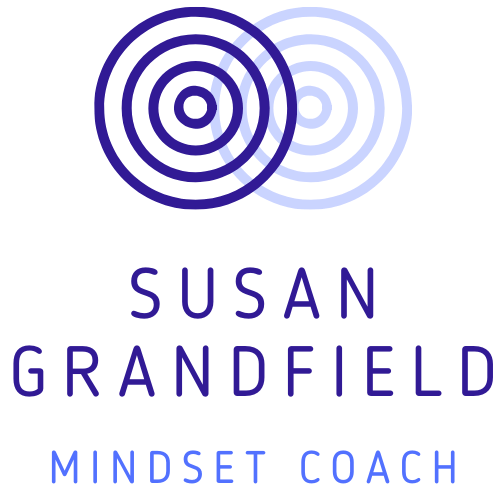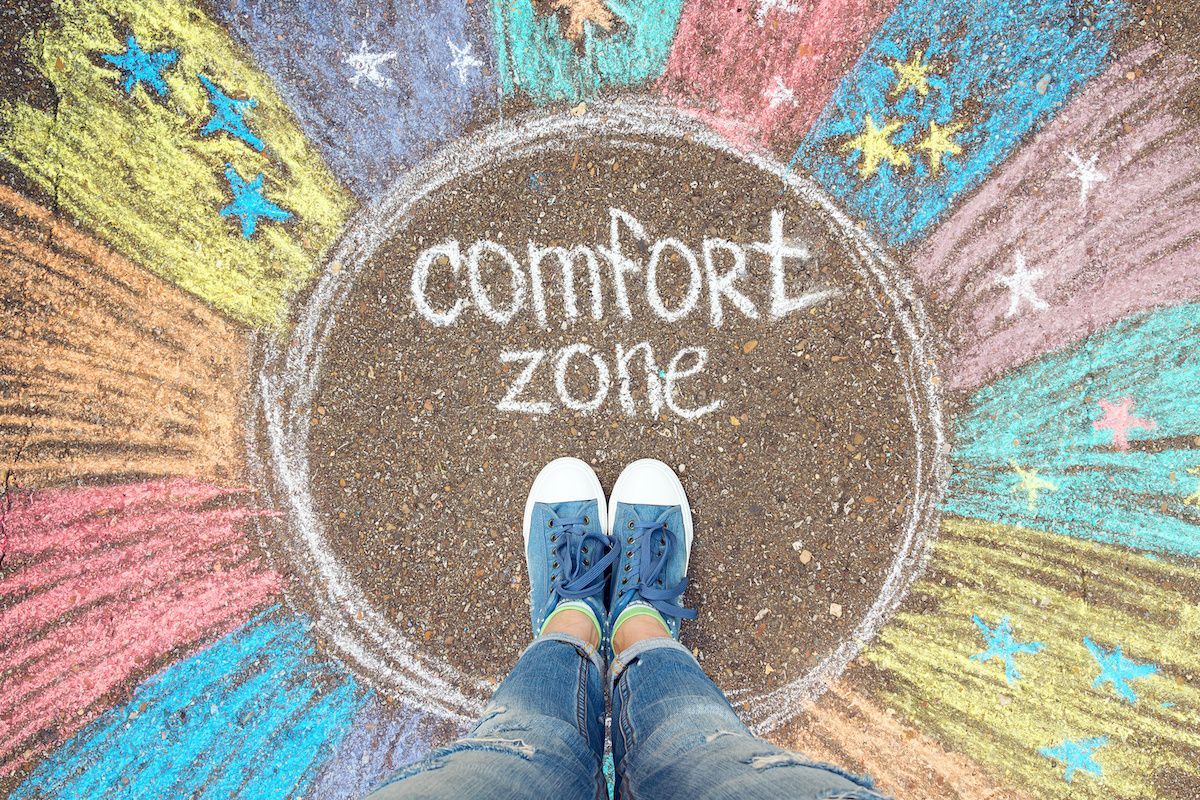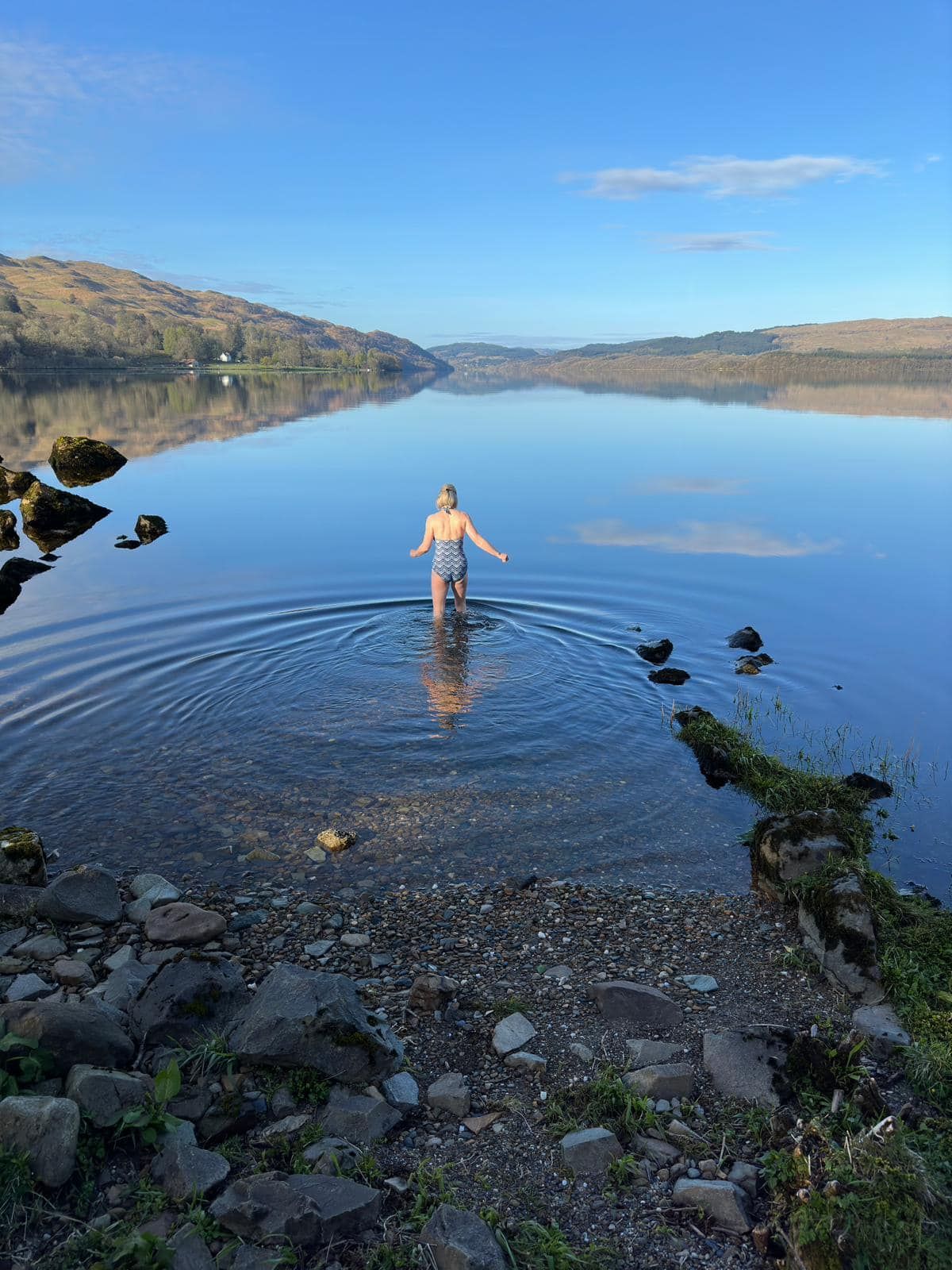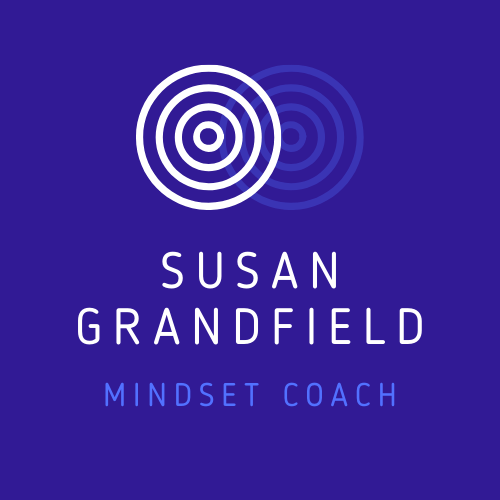Get more of what you want (not just what you need)
Susan Grandfield • 5 March 2021
"I want doesn't get"
Do you remember being told that as a child?
Even now I can hear my mum’s voice in my head as my wishes, desires or hopes were snatched away.
Ok, that is perhaps a little dramatic, but there is
an impact of repeatedly hearing something like “I want doesn’t get”. It tends to start to seem true and, particularly when we hear it as a child, it tends to influence and shape how we see ourselves and the world.
“I want doesn’t get” creates a sense that it’s not ok to want things or that the things we want lie somewhere beyond our reach. But, human beings are driven by wants and desires. Wanting something creates an energy and a motivation and often comes from a deep place within us.
Somehow needing
something is much more acceptable (or at least that’s how it felt to me as a child). If I needed new school shoes I’d get them pretty quickly. If I needed a drink I’d get that and usually there was a choice about what drink I could have. Even as a teenager if I needed a lift somewhere one of my parents would be my chauffeur.
Why is it that needing seems to take priority over wanting?
Needing has an energy of importance, significance and perhaps even criticality. If we need something but we don’t get it there are consequences. Those consequences may be real or perceived but either way there is a sense of requiring the need to be met for us to be ok.
Yet, wanting has a different energy.
It is more about the experience we want to have as a result of the thing we want being present in our lives and less about the consequences. There is a curiosity and an anticipation that comes from wanting, it can often take us into our imagination as we “try out” the experience of having our wants fulfilled.
The crucial difference is that if we don’t get what we want
we are still ok. When we don’t get what we need
we are not ok.
This takes practice, after all, that mantra of “I want doesn’t get” is deeply ingrained! For a couple of years I have been practicing by allowing myself to pay more attention to what I want - what I really, really want (to quote a song lyric from the 1990’s!) - and what I’m noticing is that the more I do that the more I experience what I want.
For example, at the start of the year I decided I wanted to work fewer days and to have Monday’s and Friday’s free from client work so that I could indulge my passions of reading, writing and walking. I didn’t need that to happen and so I was quite relaxed about it but as it turns out the key clients I am working with right now also didn’t want to book in work with me on a Monday or a Friday and so I now work a 3 day week!
The key for me in this, and which is the point I want to share with you, is that it is not about the thing you want or need it is about the energy that sits behind it. If the energy is coming from need and there is fear or concern about consequences it will have a different impact on the outcome than if the energy comes from being open to experiencing it and being curious about if and how it might appear.
When you say you need something then the mind goes into problem solving mode and tries to work out how to fulfil that need. When you say you want something the mind is programmed to know it might not happen and so it tends not to get so involved in the process. The result…..more of what you want starts to show up.
It’s not something to understand with your head! This is something to feel into and practice with. But what I’ve found is the first step is simply shifting from thinking about I need to happen and feeling into the energy of what I want to happen.
Give it a go and let me know what you start to notice.
What do you need help with?
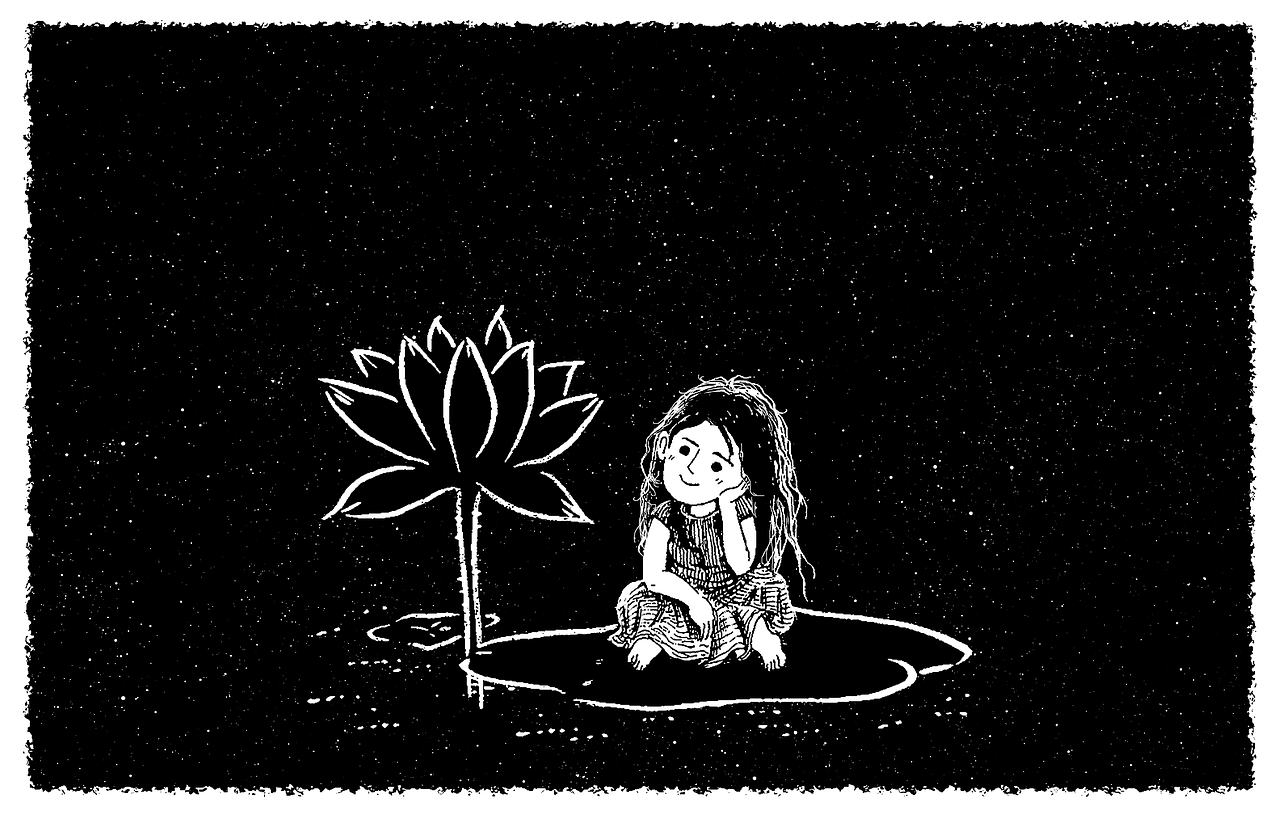
The struggle of an idealist in a world of pessimists, pragmatists and realists is that at times it can feel very lonely, like we’re sitting on the edge of the crowd not being invited into the conversation. Everyone is looking in one direction and when we point out that there is another direction they could look in we feel dismissed, not heard and ridiculed for romantic notions about the world. But it doesn't have to feel that way.

Idealist: “Someone who believes that very good things can be achieved, often when this does not seem likely to others”. Rather than hiding away, agreeing with others, making myself wrong for holding a more hopeful view of the world or criticising myself for being naïve I backed myself and stood behind my beliefs.
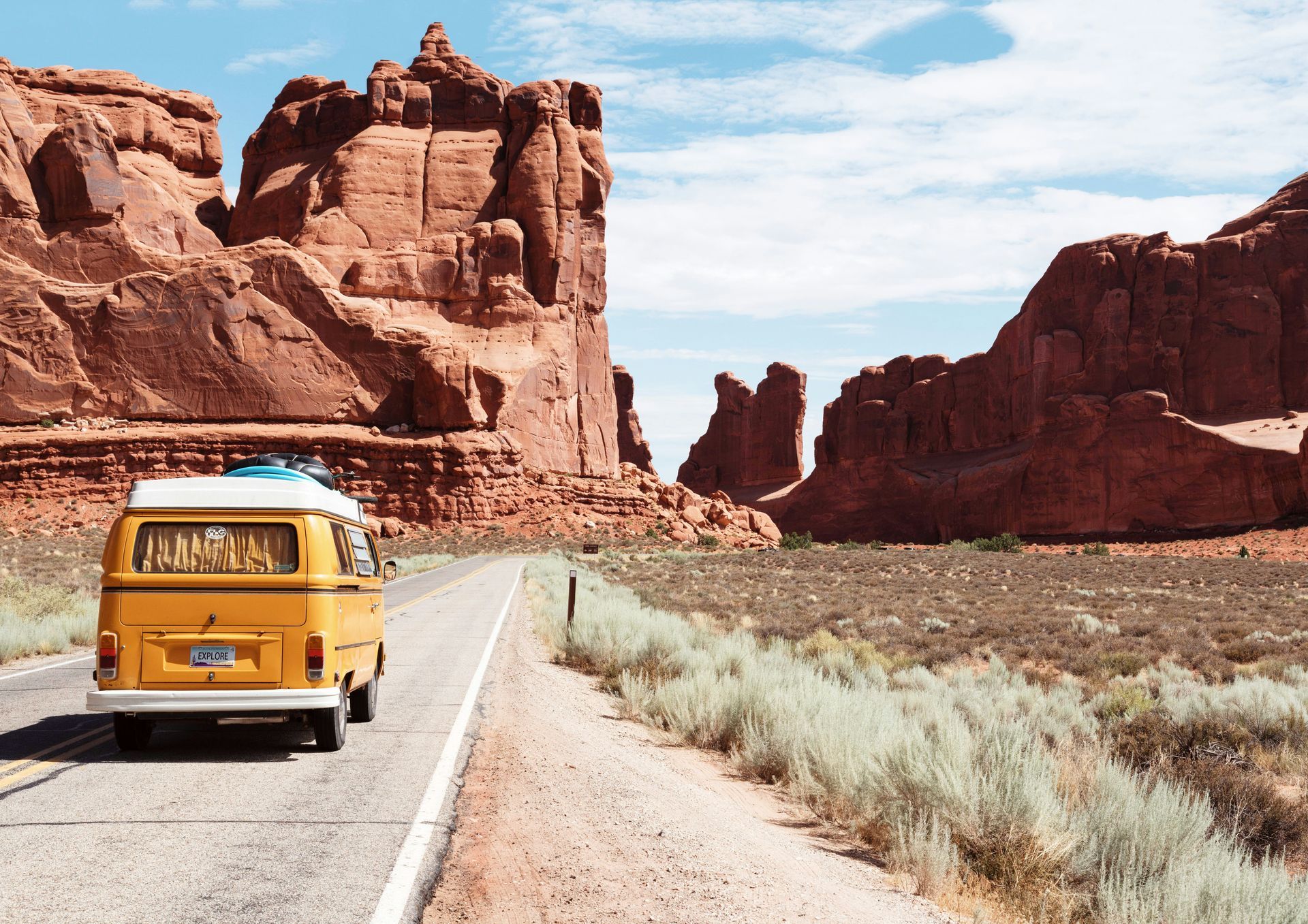
We begin this adventure of a lifetime as wide open, expansive, creative, loving, curious and innately wise little beings full of possibility, potential and optimism. But through our experience of interacting with others and the world around us we, unconsciously, wrap ourselves up in patterns of behaving and thinking which serve to protect us from the perceived risk of following that childlike energy. Now is the time to "unwrap" those protective layers and reconnect with who we really are.

Experimenting is fundamentally about trying things out and not being attached to a particular outcome. It is about giving things a go and learning from whatever happens. There is a real freedom in approaching things with an experimental mindset and I believe it can be brought to all aspects of our lives.
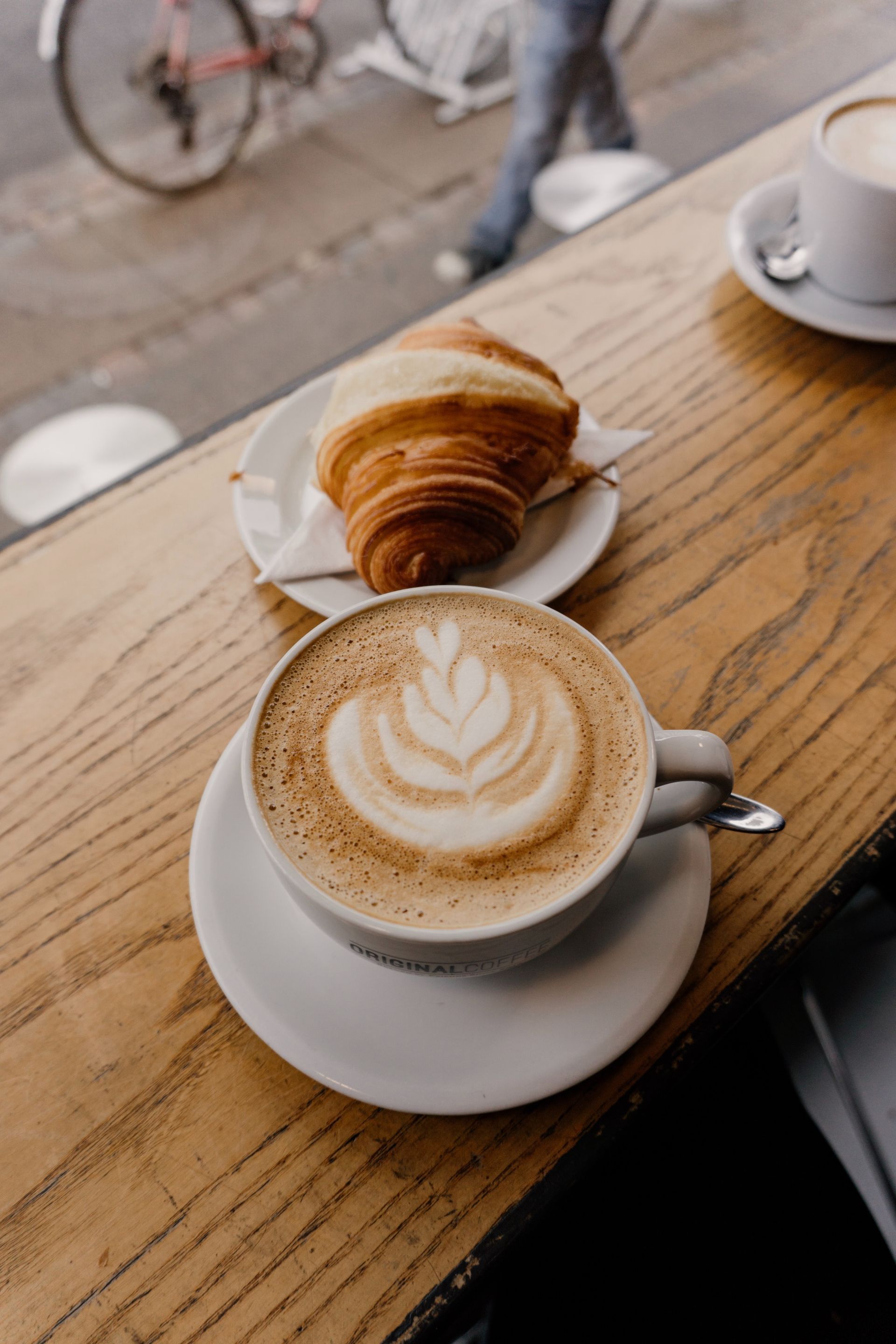
Like me, are you also someone who tends to plan moments of bliss rather than allow them to happen?
Ridiculous as that may sound, I realise that when I am in my familiar environment doing familiar and routine activities I tend to plan for moments of bliss or joy to happen sometime in the future, when all of the things I need to do have been done. I am discovering the possibility of experiencing moments of bliss at any time and without the preplanning.
